The day Trump’s tariffs shook Wall Street and corporate America
‘I almost couldn’t breathe’: Markets tumble and executives scramble to grasp the scope and size of Trump’s trade barriers.
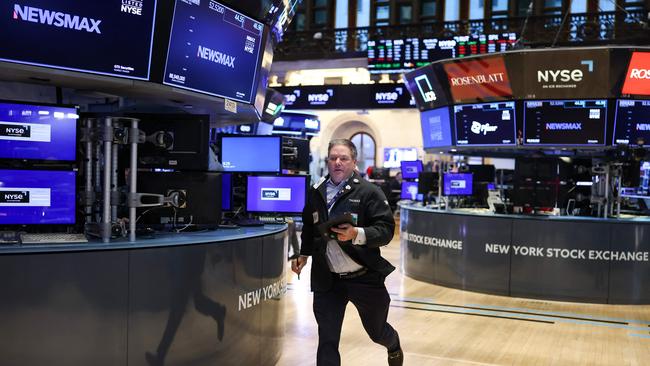
Business leaders scrambled overnight to assess how President Donald Trump’s latest tariffs would affect their companies, with many top CEOs staying silent as the president’s new policies made the cost of doing business in the US much steeper.
Restoration Hardware chief executive Gary Friedman was on a call with analysts talking about the furniture retailer’s strategy and how the housing market could slow in this economic environment when news of the tariffs broke.
He asked colleagues to get a “live read” of his business to check how the company’s stock was doing.
“Oh, really? Oh, shit, OK,” Friedman said in the moment. “Everybody can see in our 10-K where we’re sourcing from so it’s not a secret.”
More than 70 per cent of the furniture company’s products come from Asia, according to its annual report, including 35 per cent from Vietnam and 23 per cent from China, where steep new duties were put in place.
Shares of Restoration Hardware closed down 40 per cent Thursday.
The stock prices of some of America’s best-known businesses, from Nike to General Motors, sold off on fears that new trade barriers would swallow their profits and drive up prices to levels that would sap demand for their products.
The market values of Apple, Nvidia, Amazon.com and Meta Platforms, four hard-hit stocks, lost $US840bn combined.
Jeep-maker Stellantis, which also owns the Chrysler and Dodge brands, said it would immediately halt auto production at some Canadian and Mexican plants.
As details of the new tariffs spread by text messages and tweets, executives and investors realised that Trump’s tariff threats were becoming a harsh reality.
Dan Ives, managing director of Wedbush Securities, was hit with flashbacks to March 2020, when the onset of the Covid-19 pandemic sent shockwaves through Wall Street. “That almost looked like an Armageddon chart. My initial reaction was, worse than worst case. This is going to be an all-time panic moment,” said Ives. “I almost couldn’t breathe.”
Calls began pouring in after Trump’s press conference Wednesday afternoon from investors in shock, Ives said, and after hours on the phone from Europe, the Middle East and Asia, he still needed to return some 50 calls.
“Our reputation is made on these moments, rather than in the good times,” said Ives, adding that he pulled an all-nighter Tuesday and has been in “war rooms” all week.
Wall Street bankers and business leaders have spent weeks trying to understand — and shape — Trump’s ever-shifting tariff plans. Many also believed — as they were reassured by some in Trump’s inner circle — that the potential levies were negotiating tactics the businessman-turned-politician would use to extract concessions from trading partners and adversaries.
Instead, Trump unveiled 10 per cent across-the-board tariffs, and even higher levies on a swath of countries including Japan, Europe, South Korea and Vietnam. The new levies on China will push up the costs of many goods from that country — from toothbrushes to televisions — by more than 50 per cent. The 10 per cent tariffs kick in on April 5 and the higher rates on April 9.
The global market reaction was swift. US stocks tumbled Thursday. The Dow industrials fell more than 1,600 points, the Nasdaq plunged 6 per cent and the S&P 500 slid nearly 4 per cent. The US dollar slipped to its lowest level of the year.
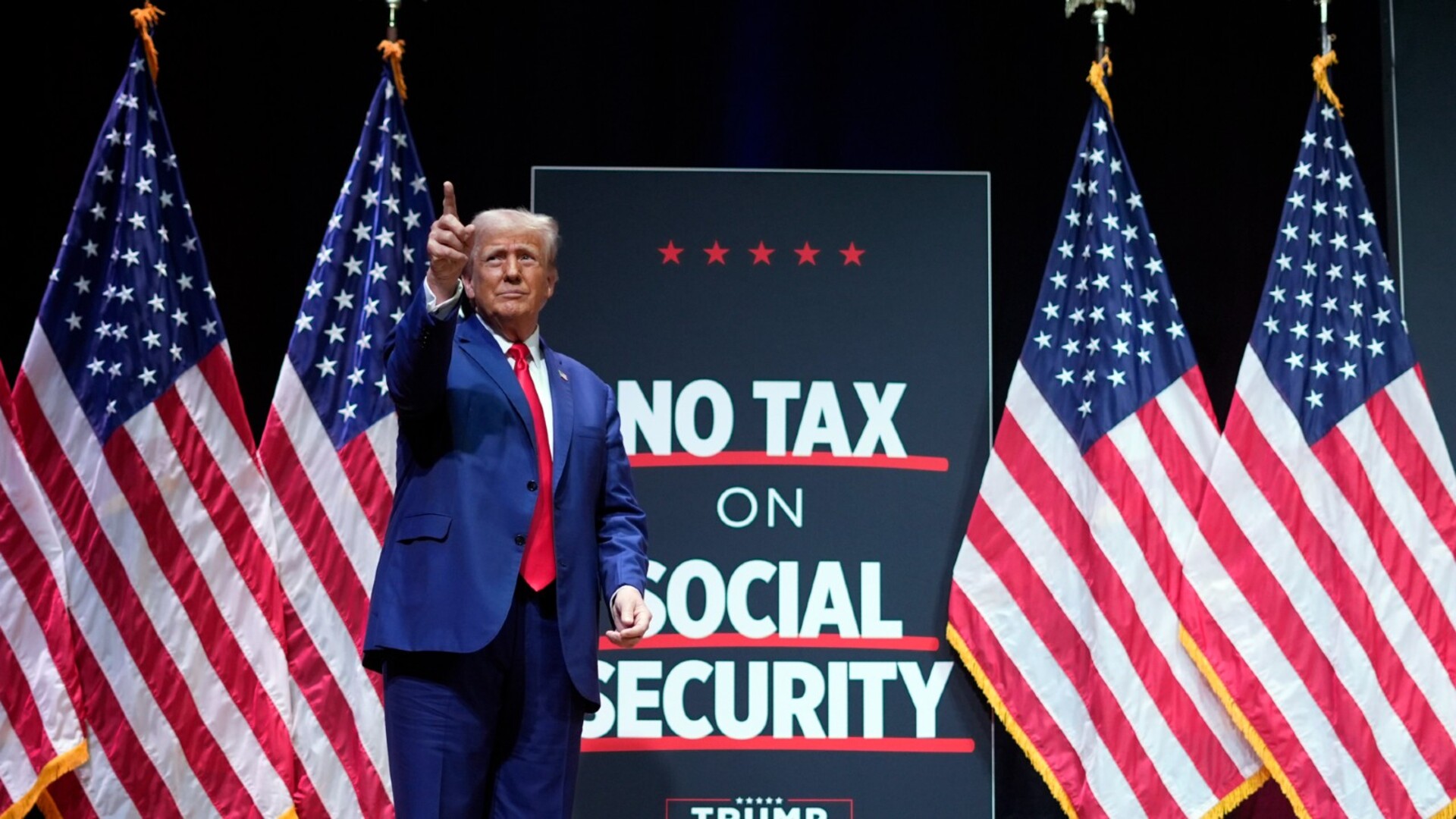
Many CEOs of major publicly traded companies were silent Thursday. The Business Roundtable, which represents 200 heads of US companies across sectors, said in the wake of Trump’s announcement that universal tariffs run the risk of causing major harm to American manufacturers, families, workers and exporters.
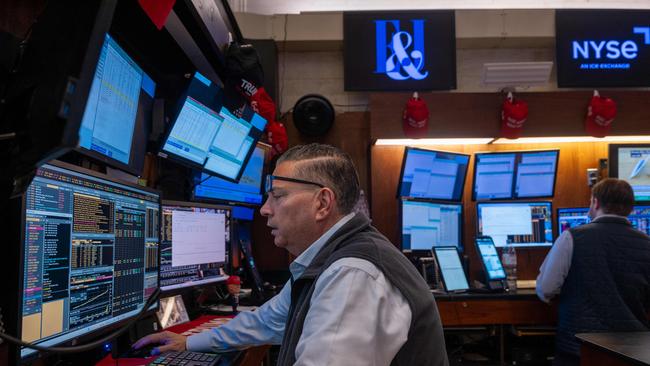
“Damage to the US economy will increase the longer the tariffs are in place,” the group said. “We urge the Administration and our top trading partners to swiftly reach agreements that level the playing field for American goods and services and remove these tariffs.”
News of the tariffs reverberated across Europe and Asia, from German car giants to Swiss watchmakers. Analysts at UBS think prices of luxury goods will go up 6 per cent on average in the US, but a wider worry is that a trade war could tamp down demand in China. Together American and Chinese shoppers drive more than half of global luxury sales.
China called the tariffs “unilateral bullying” and pledged to retaliate, while other countries struck a more cautious tone. Australian Prime Minister Anthony Albanese said his government will try to negotiate to remove the tariffs, but won’t join a “race to the bottom” by retaliating. India’s Trade Ministry, too, said it had no plans to immediately retaliate.
Dramatic impact
Brian Riley, CEO of Guardian Bikes, was among the guests at the Rose Garden, one of the few business leaders sitting alongside auto workers and steelworkers. He said he welcomed the tariffs, even though they will squeeze his business this year.
Guardian moved production of its children’s bicycles in 2022 from China to Seymour, Ind. While 90 per cent of the components are imported from China, Riley had already put in place a plan to reduce that number to about 20 per cent by the end of next year.
The tariffs provide incentive for Guardian to expand capacity at its Seymour facility and invest in building out the bicycle supply chain in the US Trump’s agenda “is a welcome departure from a trade and economic policy that prioritised offshoring production and cheap consumption,” Riley said.
The mood was less joyous at Pulsar Products, a Cleveland supplier of stationery, novelty items and souvenirs. Employees held a “watch party” in the company’s boardroom to listen to Trump’s “Liberation Day” announcement on a big-screen TV.
“As I looked around, I sensed a feeling of nausea,” said Pulsar CEO Eric Ludwig.
Employees are concerned not just with the impact on Pulsar, but also with what tariffs mean for their own wallets and the American people. “We are thinking our clothes are going to cost more,” he said. “Everything is going to jump.”
Pulsar has reduced the share of its supply coming from China to 50 per cent from 80 per cent over the last two years by moving some sourcing to Vietnam. One Pulsar employee is currently in Vietnam checking on production for the busy back-to-school season, set to arrive at US retailers in July. Such shipments from Vietnam now face 46 per cent tariffs.
Ludwig said he was hoping to hear the president offer tax credits or some other relief to help small businesses like his 36-person company through the tough adjustment period. The size of the new tariffs is the same for big companies and small businesses, “but the impact on smaller companies is bigger,” he said.
“We knew something would happen, but we didn’t know how dramatic the impact would be,” he said.
Complicated plans
Victor Yarbrough, CEO at Brough Brothers Distillery in Louisville, was left wondering what retaliatory tariffs would bring. He recently invested in an expansion, with a strategy to send his excess spirits overseas. The tariffs complicate those plans.
“We are certain the EU is going to retaliate,” said Yarbrough. He also wondered how much money US consumers would have to spend on his bourbon or rum if everything else gets more expensive. “It boils down to how much disposable income does one family have?” he said.
For booze giant Diageo, there was some relief after the White House kept duty-free access to the US for products compliant with the US-Mexico-Canada Agreement. It had feared some of its best-selling brands in the US — like Don Julio tequila from Mexico and Canadian whisky Crown Royal — could be hit by new levies, potentially hitting its operating profit by tens of millions of dollars a month. Shares in the London-listed company rose by almost 2 per centon Thursday.
Some investors say that whiplash from Trump’s changing trade-policy plans has left them unfazed on Liberation Day.
Callie Cox, chief market strategist at Ritholtz Wealth Management, said the 25 per cent tariffs on Mexico and Canada announced in February that were promptly delayed have primed investors for the dramatic nature of these announcements.
“Today is a day where investors are just beaten into acceptance,” she said.
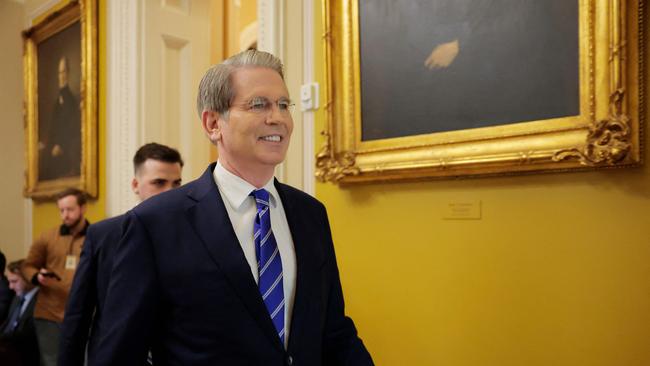
In an interview on CNN Wednesday night, Treasury Secretary Scott Bessent sought to calm markets, suggesting that tariffs might not cause price increases because US companies will get their foreign vendors to eat the cost of the levies. He said his message to other countries was that a trade war could be averted.
“Everybody, sit back. Take a deep breath. Don’t immediately retaliate,” Bessent said.
Unintended consequences
For Husco, which makes engines and parts for automakers and other manufacturers, the problem was the magnitude of Trump’s tariffs.
“If there had been a 5 per cent tariff, we could have worked through it — maybe absorbing it, maybe sharing some of it with our suppliers,” said Austin Ramirez, the company’s CEO.
Husco has revenues of about $500 million and three factories in the US, as well as plants in India, China and Europe, which mostly produce for those regions.
Instead of boosting US production as the Trump administration hopes, the new tariffs are likely to lead Husco to shift some production out of its US factories. The new tariffs mean it will no longer be cost-effective to import components to make products for export.
“It doesn’t make any sense to do that, I’m going to have make those products in another part of the world,” Ramirez said.
It would take years for any domestic alternatives for the components he imports to develop, he added: “To reboot that sort of manufacturing here is going to take huge investment in plants and equipment — but also, we don’t have people who want to do that sort of work.”
Wall Street Journal


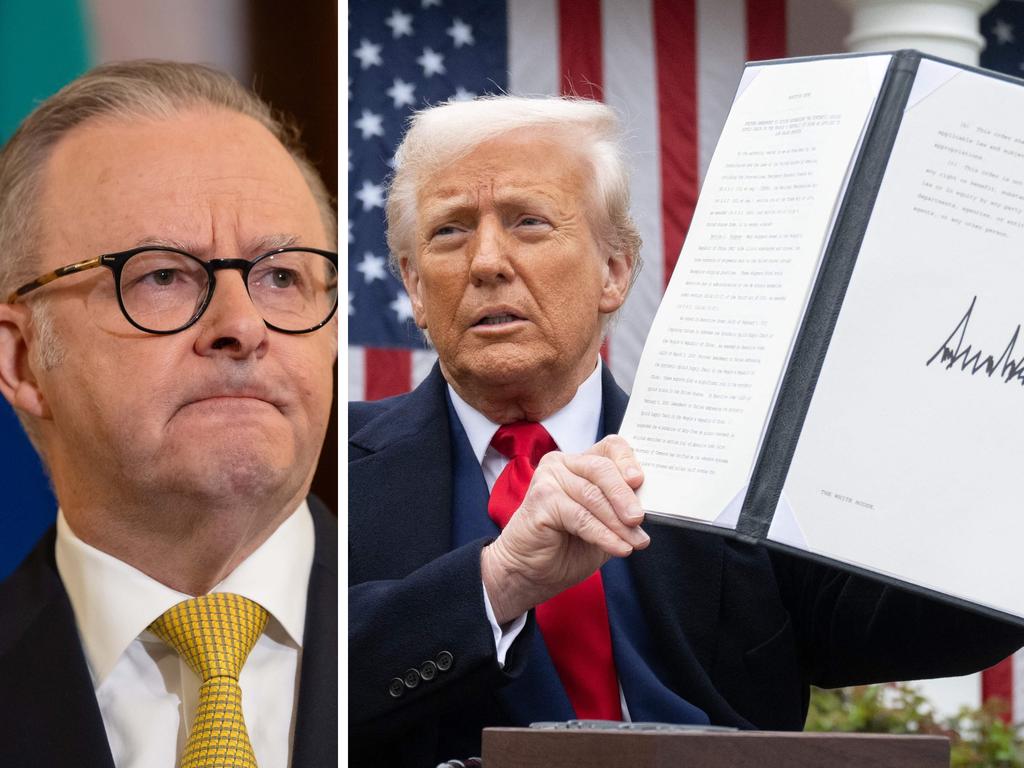



To join the conversation, please log in. Don't have an account? Register
Join the conversation, you are commenting as Logout